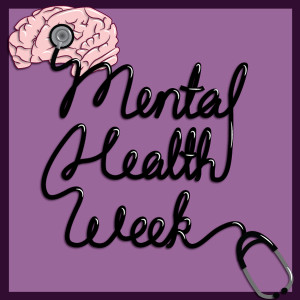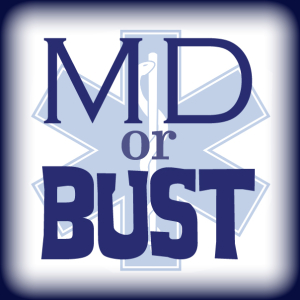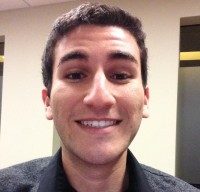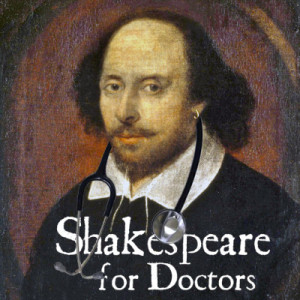Dealing With Depression in Medical School
One of the things that I have struggled with most in medical school is depression. Not learning to recognize, diagnose or treat it, but actually dealing with the effects of this condition. I soon realized that this problem is much bigger than myself, and needs to be talked about openly. This is my story.







